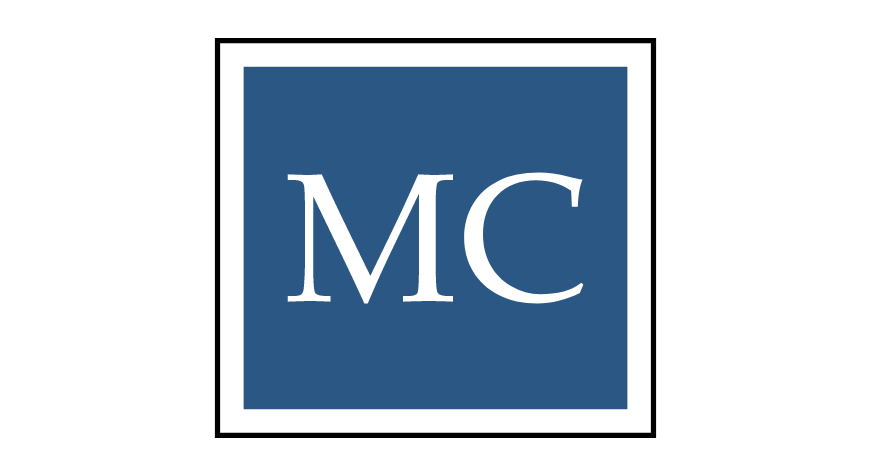Many companies are continuing to struggle financially during the COVID-19 pandemic. If cash is tight, what can your business do to shorten its cash cycle? The answer could lie in your outstanding accounts receivable. Here are five strategies to help convert receivables into cash ASAP.
1. Apply for a line of credit. A line of credit can help bridge the “cash gap” between making a sale and getting paid. Often credit lines are collateralized by unpaid invoices, just like equipment and property are pledged for conventional term loans. Banks typically charge fees and interest for securitized receivables.
Each financial institution sets its own rates and conditions. Typically, these arrangements provide immediate loans for up to 90% of the value of an outstanding debt and are repaid as customers pay their bills.
2. Encourage early payment. Your company may be able to expedite collections if customers are given a financial incentive to pay their bills early. For example, you might give a 3% discount to customers who pay with 14 days of receiving their invoices. Online and autopayment options often work in tandem with these discounts.
3. Consider factoring. This option allows companies to monetize their unpaid — but not yet delinquent — receivables. Here, receivables are sold to a third-party factoring company for immediate cash.
Costs associated with receivables factoring can be much higher than those for collateral-based loans. And factoring companies are likely to scrutinize the creditworthiness of your customers. But selling receivables for upfront cash may be advantageous, especially for smaller businesses, because it reduces the burden on accounting staff and saves time.
4. Renegotiate with customers. Before you write off stale receivables that are more than 90 days outstanding, call the customer and ask what’s going on. Sometimes you might be able to negotiate a lower amount or installment payments — which might be better than a write-off if your customer is facing bankruptcy.
5. Focus on collections. Some small companies haven’t historically needed to dedicate specific resources to collections, because customers have generally paid in a timely matter. However, if significant collection issues have built up during the pandemic, it may be time to pick a customer service rep to be in charge of making collections calls. For more serious issues, you might prefer hiring a seasoned, in-house collections professional or reaching out to an external commission-based collection agency.

